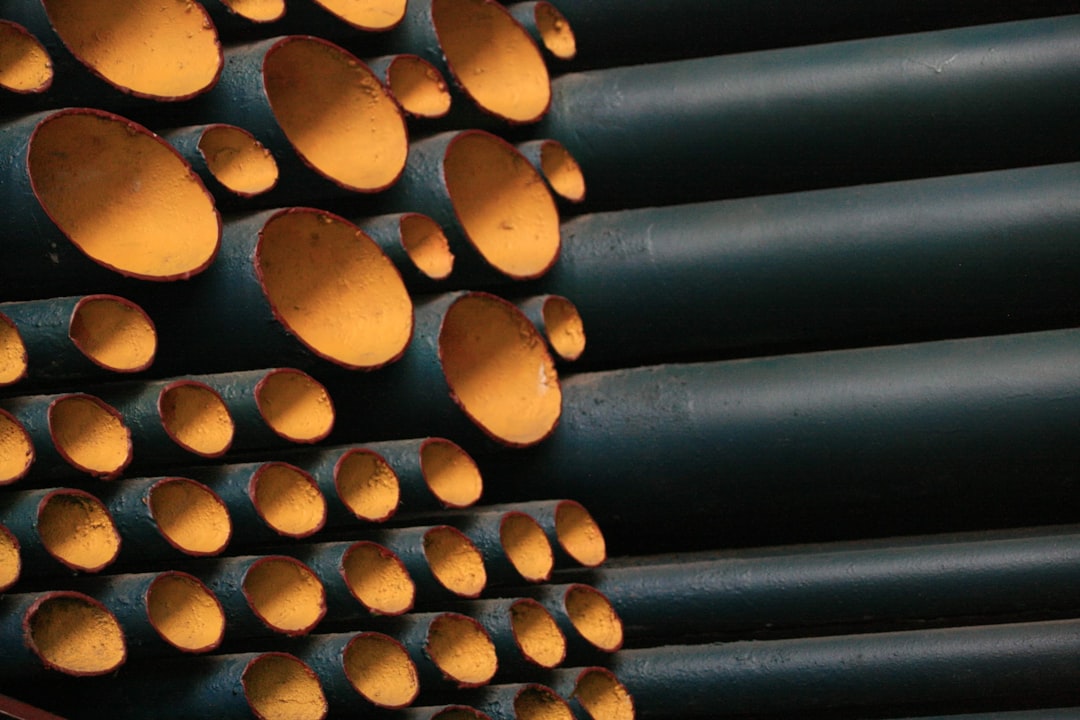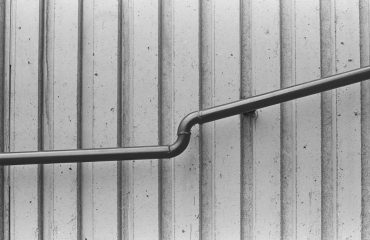body { font-family: sans-serif; line-height: 1.6; }
h1, h2, h3 { color: #333; }
h1 { font-size: 2.5em; }
h2 { font-size: 2em; }
h3 { font-size: 1.5em; }
Choosing the right steel supplier can significantly impact your project’s success, from cost-effectiveness to timely completion. A poorly chosen supplier can lead to delays, quality issues, and ultimately, financial losses. This comprehensive guide will walk you through the key aspects to consider when evaluating potential steel suppliers, ensuring you make an informed decision that supports your business goals.
1. Assessing Steel Quality and Certifications
The foundation of any successful steel procurement strategy is unwavering quality. Don’t just rely on claims; delve deep into the supplier’s quality control procedures. Look for certifications such as ISO 9001 (quality management), ISO 14001 (environmental management), and industry-specific certifications relevant to your steel grade (e.g., certifications for aerospace-grade steel). Request copies of their quality control reports and test results to verify their adherence to standards. Inquire about their traceability systems – the ability to trace the steel from its origin to your facility – which is crucial for accountability and identifying potential issues.
Consider asking for independent third-party testing results to verify the claimed properties of the steel. This added layer of verification provides an objective assessment of the supplier’s quality claims. Understanding the supplier’s raw material sourcing is also important. Reliable sources ensure consistent quality and minimize the risk of variations in the steel’s properties.
2. Analyzing Pricing Strategies and Contract Terms
While price is a significant factor, it shouldn’t be the sole determinant. A seemingly low price might hide hidden costs or compromise quality. Request detailed pricing breakdowns that include not only the cost of the steel itself but also transportation, handling, and any potential surcharges. Compare quotes from multiple suppliers, ensuring you’re comparing apples to apples – the same steel grade, quantity, and delivery terms.
Thoroughly review the contract terms and conditions. Pay close attention to payment schedules, delivery timelines, liability clauses, and dispute resolution mechanisms. A well-drafted contract protects your interests and minimizes potential conflicts. Negotiate favorable terms, especially regarding delivery penalties for late shipments or quality discrepancies. Consider long-term contracts to secure stable pricing and establish a reliable partnership.
3. Evaluating Delivery Reliability and Logistics
Timely delivery is critical for project scheduling and cost control. Investigate the supplier’s track record for on-time delivery. Request references and check their past performance with other clients. Inquire about their logistics capabilities, including their transportation network, warehousing facilities, and inventory management systems. A reliable supplier will have robust logistics processes in place to ensure efficient and timely delivery.
Assess their ability to handle unexpected events, such as supply chain disruptions or unforeseen delays. A proactive supplier will have contingency plans in place to mitigate these risks. Consider their proximity to your facility. Closer proximity generally translates to faster delivery times and reduced transportation costs. Evaluate their flexibility in handling different order sizes and delivery schedules to accommodate your varying project needs.
4. Building a Strong and Sustainable Partnership
Selecting a steel supplier is not just about a single transaction; it’s about building a long-term relationship. Look for a supplier that is responsive, communicative, and committed to collaboration. A strong partnership fosters trust, mutual respect, and open communication, which are essential for navigating challenges and ensuring ongoing success. Regular communication is key; establish clear communication channels and expectations to ensure smooth collaboration.
Consider the supplier’s financial stability and long-term viability. A financially sound supplier is less likely to experience disruptions that could impact your projects. Assess their commitment to innovation and sustainability. Suppliers who invest in advanced technologies and environmentally responsible practices demonstrate a long-term vision that aligns with responsible business practices.
5. Due Diligence: Background Checks and Risk Assessment
Before committing to a supplier, conduct thorough due diligence. This includes verifying their business registration, checking for any legal or financial issues, and reviewing their insurance coverage. A comprehensive risk assessment helps identify potential vulnerabilities and develop mitigation strategies. This might involve researching their reputation within the industry, seeking feedback from other clients, and verifying their compliance with relevant regulations.
Understanding their environmental practices is also important. Inquire about their waste management procedures, their commitment to reducing their carbon footprint, and their adherence to environmental regulations. This is becoming increasingly important for businesses prioritizing sustainability and corporate social responsibility.
By carefully evaluating these key aspects, you can confidently select a steel supplier that meets your needs and contributes to the success of your projects. Remember, investing time in this crucial decision-making process will pay off in the long run.
SEO Tags:
steel supplier selection, steel quality control, steel pricing strategies, steel delivery reliability, steel supplier partnership




